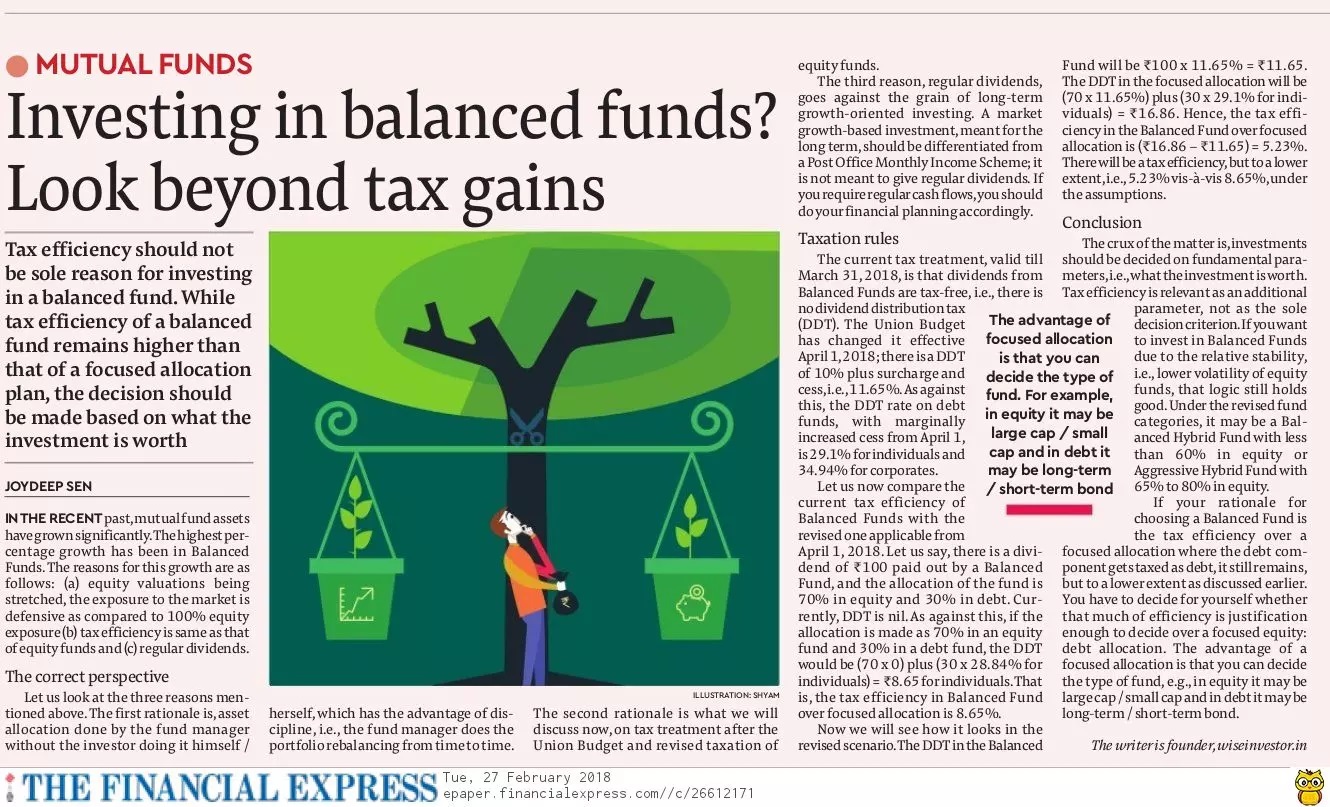You expressly agree the use of the service is at your sole risk. The service is provided on an "as is" and "as available" basis. www.fundkarts.com expressly disclams all warranties of any kind, whether express or implied, including, but not limited to the implied warranties of merchantability, fitness for a particular purpose and non-infringement. www.fundkarts.com makes no warranty the services will meet your requirements, or the services will be uninterrupted, timely, secure, or error free. Nor does www.fundkarts.com make any warranty as to the results that may be obtained through the service or that defects in the software will be corrected. You understand and agree any material and/ or data downloaded or otherwise obtained through the use of the service is done at your own discretion and risk and you will be solely responsible for any damage to your computer systems or loss of data that results from the download of such material and/ or data. www.fundkarts.com makes no warranty regarding any goods or services purchased or obtained through the service or any transactions entered into through the service. No advice or information, whether oral or written, which you obtain from www.fundkarts.com or through the service shall create any warranty not expressly made herein.
You acknowledge that www.fundkarts.com site may contain links to other web sites operated by third parties ("linked sites"). You acknowledge that, when you click on a link to visit a linked site, a frame may appear that contains the www.fundkarts.com logo, advertisements and/ or other content selected by www.fundkarts.com. You acknowledge that www.fundkarts.com and its sponsors neither endorse nor are affiliated with the linked site or any link contained in a link site, or any changes or updates to such sites. You also acknowledge that www.fundkarts.com is providing these links to you only as a convenience.
www.fundkarts.com does not endorse in anyway any advertisers/ contents of advertisers on its webpages. Please therefore verify the veracity of all information on your own before undertaking reliance and actioning thereupon. www.fundkarts.com shall not be responsible nor liable for any consequential damages arising on account of your relying on the contents of the advertisement.


